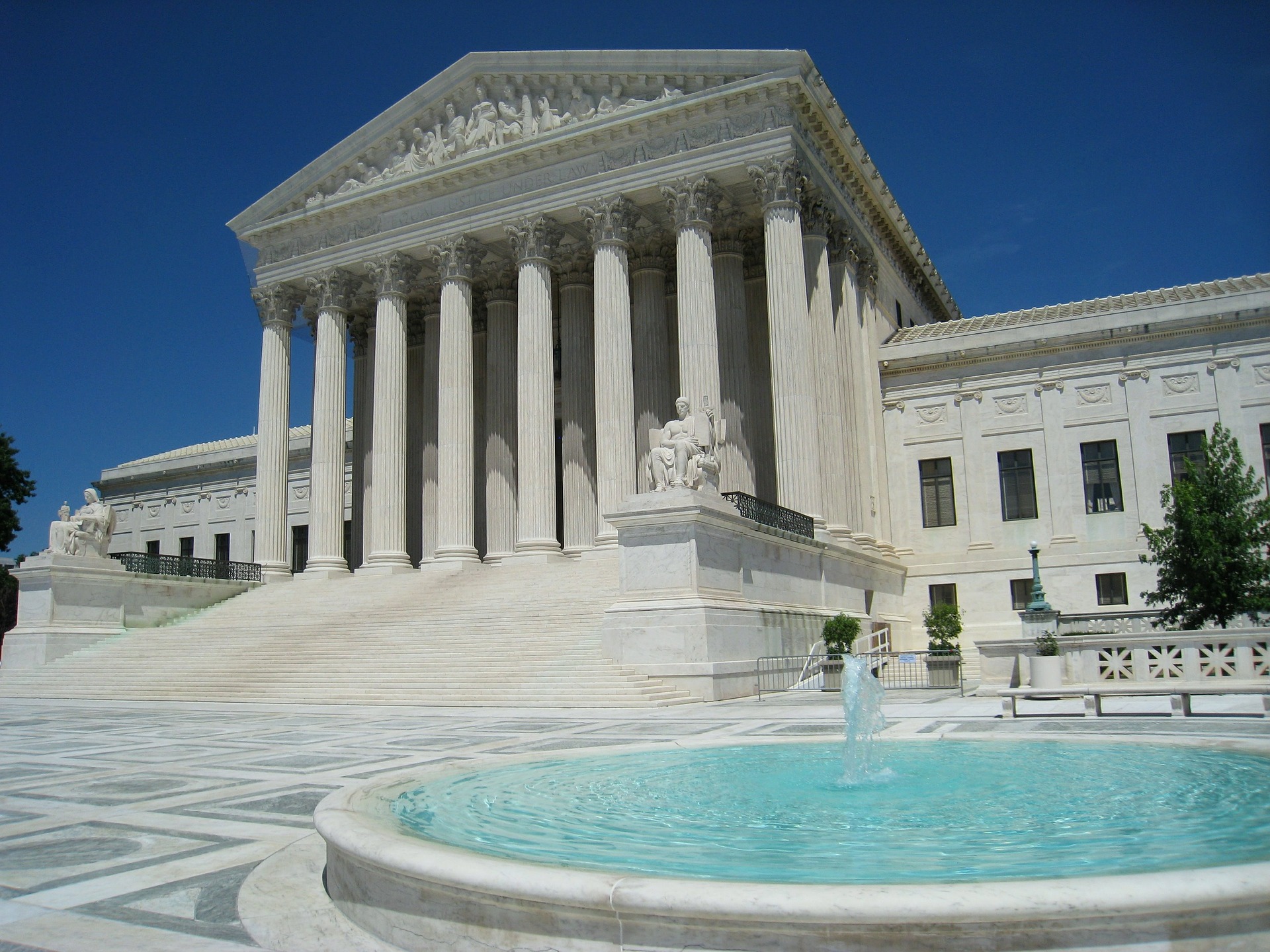In a 4-4 tie, the Supreme Court affirmed a lower court’s decision upholding the legality of collective bargaining service fees for public sector employees who aren’t union members.
By Lisa Soronen.
Friedrichs v. California Teachers Association could have turned public sector labor law upside down. In an unsurprising move the Supreme Court issued a non-precedential 4-4opinion affirming the lower court’s decision by an equally divided Court. This opinion continues the status quo. Had Justice Antonin Scalia not passed away in February, this case almost certainly would have had a different outcome.
In Friedrichs v. California Teachers Association, the Court was contemplating overruling a nearly 40-year old precedent requiring public sector employees who don’t join the union to pay their “fair share” of collective bargaining costs. More than 20 States have enacted statutes authorizing fair share.
In Abood vs. the Detroit Board of Education, public school teachers in Detroit had sought to overturn the requirement that they pay fees equivalent to union dues on the grounds that they opposed public sector collective bargaining and objected to the ideological activities of the union. The Court held that the First Amendment does not prevent “agency shop” arrangements where public employees who do not join the union are still required to pay their “fair share” of union dues for collective-bargaining, contract administration, and grievance-adjustment. The rationale for an agency fee is that the union may not discriminate between members and nonmembers in performing these functions. So basically, no free-riders are allowed.
In Knox v. SEIU (2012) and Harris v. Quinn (2014) – two recent cases in which 5-4 opinions were written by Justice Alito and joined by the other conservative Justices (including Justice Scalia) and Justice Kennedy – the Court was very critical of Abood.
The Supreme Court heard oral arguments in this case in January, and the five more conservative Justices seemed poised to overrule Abood. After Justice Scalia passed away, the Court had two choices, knowing it was divided 4-4: wait for a ninth Justice to join the Court and rehear the case, or do what it just did: affirm the lower court’s decision.
The Ninth Circuit in a very brief opinion had refused to overrule Abood.
Given the uncertainty of when a new Justice will be confirmed and the lack of a circuit split on this issue, the Court’s decision was expected. If a more liberal Justice joins the Court, it is unlikely this issue will be brought before the Court again anytime soon.
[divider] [/divider]





